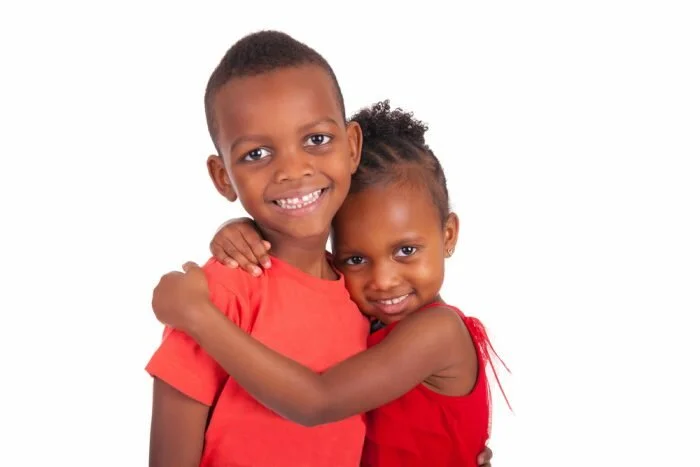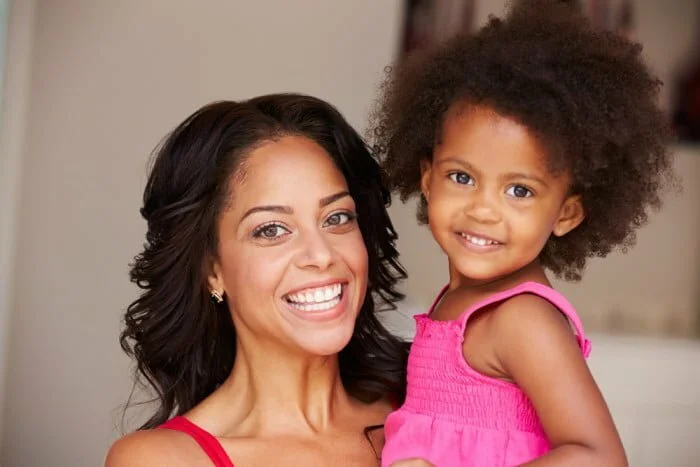Research week shows that poor parenting in the first three years of a child’s life can hold children back at school and cause behaviourial problems such as hyperactivity.
The research reviewed international studies to determine the long-term effects on young children of failing to develop so-called ‘secure attachments’ with their parents.
This new research by academics in Britain and the United States was conducted on behalf of the Sutton Trust, a charity promoting social mobility.
The research, by academics at the London School of Economics and Bristol University, as well as Columbia and Princeton universities in the US, reviewed international studies to determine the long-term effects on young children of failing to develop ‘secure attachments’ with their parents.
Studies in Europe and North America suggest that around 40 per cent of children fail to develop strong attachments to their parents. In fact one study found that among lower income toddlers, the figure rises to 46 per cent.
The children who fail to develop strong attachments are split into 25 per cent who avoid their parents when they are upset because the parent ignores their needs and 15 per cent who learn to resist their mother or father because the parent makes them feel more distressed.
Researchers found that children aged under three who are unable to form strong bonds with their mother or father are more likely to display aggression, defiance and hyperactivity when they are older. However boys’ behaviour is more affected than girls’ by early parenting.
Other effects of poor parenting were also seen on language development and aspects of brainpower such as working memory, as children from families where attachment is weak are more likely to show poor language skills at three and perform worse in cognitive tasks.
Also where mothers have weak bonds with their babies, the research suggests that their children are more likely to be obese as they enter adolescence.
And these effects continue into later life, with insecure children more likely to leave school without further education, employment or training.
One of the study’s researchers, Jane Waldfogel, professor of social work and public affairs at Columbia University and a visiting professor at LSE, said:
‘Parents are an important influence on young children’s development and their chances in life.
‘Mothers and fathers influence development through the resources they invest in their children, and the home learning environment they offer.
‘But the emotional bonds they forge with their childen also matter. A secure bond or attachment to the parent helps the child manage their behaviour and learn.’
How can Nigerian parents develop strong attachments with their infants?
The researchers found that simple, often instinctive, actions such as holding a baby lovingly and responding to their needs are key to developing strong attachments, along with acknowledging a baby’s unhappiness with facial expressions and then reassuring them with smiles and soothing tones.
Conor Ryan, director of research at the Sutton Trust said:
‘Better bonding between parents and babies could lead to more social mobility, as there is such a clear link to education, behaviour and future employment. The educational divide emerges early in life, with a 19 month school readiness gap between the most and least advantaged children by the age of five.
‘This report clearly identifies the fundamental role secure attachment could have in narrowing that school readiness gap and improving children’s life chances.’













